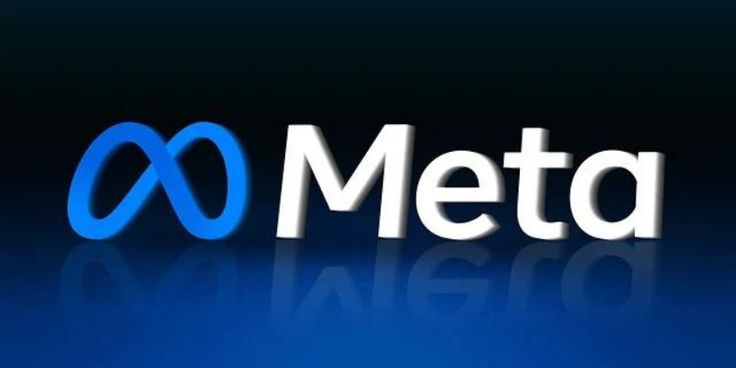
Meta Accused of Using Pirated Books to Train AI, Authors Claim
Meta used stolen books by authors to train its artificial intelligence tools. This has led to a lot of discords on ownership of ideas in particular, some of the most distinguished writers found themselves accusing giant firms of lifting their works without their consent. While technology undergoes progress, the interaction between persons and non-natural entities, on the one hand, and copyright law, on the other, contributed to emerging ethical, transparent and fair questions regarding remuneration for creations.
Highlights
- Prominent authors accuse Meta of using pirated books for AI training.
- Legal experts question the ethical implications of AI training practices.
- Authors demand compensation and transparency from tech companies.
- Copyright laws are under scrutiny in the age of generative AI.
- Meta denies wrongdoing but faces mounting legal challenges.
The allegations on Meta underscore one of the major discords in the technology market, how do companies innovate while not trampling over intellectual property rights. This work represents years of authors’ effort which they claim is being stolen by the users though in an unauthorized manner. Industry professionals think this will likely set in the process for how legal copyright laws apply to training AI, changing technological corporations and creators’ connection and dynamics.

The authors have sued and come out strongly through social media. Some people believe that AI companies should have proper licenses and pay for creators of used content for machine learning. Here, growing controversies are raised concerning the absence of legal systems preventing the use of AI in infringement of copyrights, making creators defenseless.
Meta has acknowledged charges which have recently been escalating pressure from regulators and citizens. While the company said it actively abides by the fair use policies critics have decried these as irrelevant due to the nature of AI. And although they still remain in courts, it can change the definition of ethical development and the protection of authors in the digital space.


